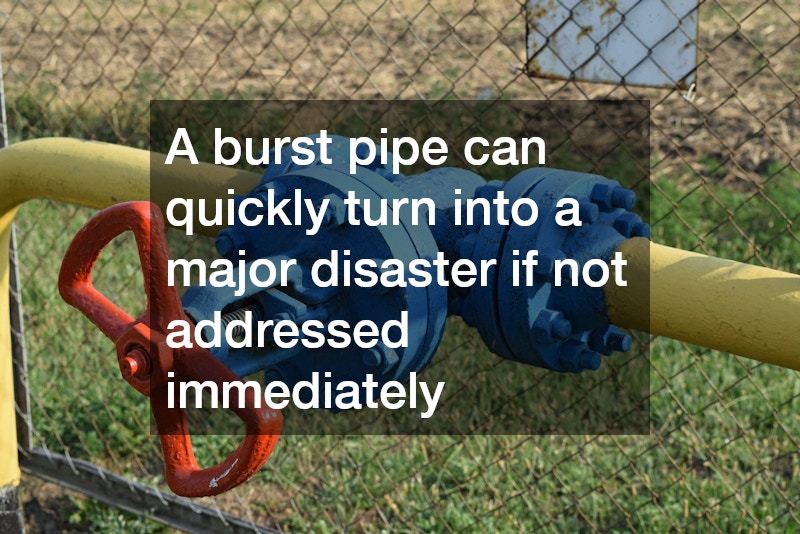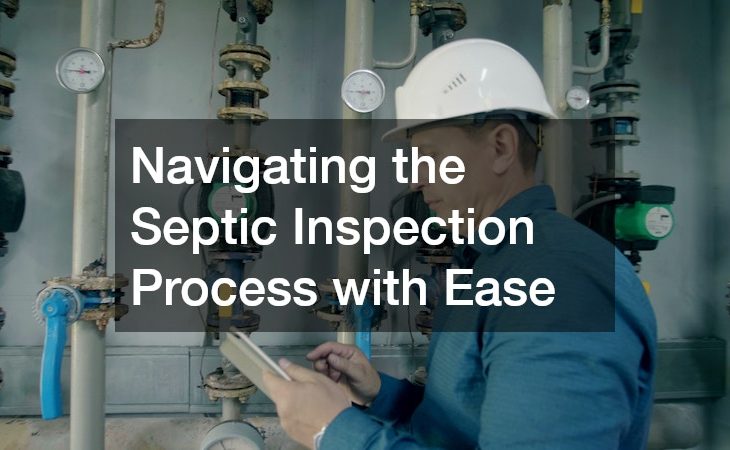
When to Call Your Local Plumbers
In this article, we aim to address common plumbing issues that require the expertise of local plumbers. Understanding when to call a professional is vital to maintaining a properly functioning plumbing system and preventing potential damage. We will explore the most frequently asked questions regarding plumbing emergencies, system maintenance, and cost implications.
1. Recognizing Signs of Major Leaks
Water stains on your ceilings or walls can be a clear sign of a leak. Decreased water pressure may indicate a leak within the plumbing system, which should not be ignored. If you notice visible water pooling around your home, it’s time to call a plumber to investigate the source.
Leaks can cause significant structural damage if left unresolved. They may lead to mold growth that impacts indoor air quality. Timely intervention helps prevent long-term damage and costly repairs.
Professional plumbers have the tools and expertise to locate and repair hidden leaks. Their services ensure the plumbing system operates efficiently. This can save homeowners from escalating water bills and property damage.
2. Dealing with Burst Pipes
A burst pipe can quickly turn into a major disaster if not addressed immediately. Upon discovering a burst pipe, it is crucial to shut off the main water supply to minimize damage. Next, contact a professional plumber to perform necessary repairs and prevent future issues.
Prolonged exposure of pipes to extreme temperatures often results in bursts. Insulating pipes during cold spells is a preventative measure to consider. Routine inspections can help identify vulnerable areas prone to bursting.
Quick response to burst pipes limits the extent of water damage in your home. Professional plumbers can assess the situation and implement effective solutions. Resolving the problem promptly restores peace of mind for homeowners.

3. Handling Blockages in Sewage Systems
Blockages in sewage systems can be a serious issue requiring immediate attention. Signs may include unpleasant odors or slow-draining fixtures, indicating a backup. Professional intervention is needed to clear the blockage safely.
Sewage blockages pose health risks due to the potential spread of harmful bacteria. Ignoring these blockages can result in overflow and property damage. Regular maintenance can help prevent these issues from arising.
Experts utilize specialized equipment to diagnose and resolve blockages efficiently. Professional services ensure the proper functioning of the sewage system. Addressing blockages promptly preserves the health and safety of household members.
4. Recognizing the Importance of Regular Inspection
Regular plumbing inspections play a key role in maintaining the system’s integrity. Early detection of issues can prevent costly repairs and inconvenience later. Professionals can assess the condition of the entire system and provide valuable insights.
Routine inspections help identify potential risks such as leaks, corrosion, and blockage before they escalate. Early intervention minimizes the risk of plumbing failures. This proactive approach contributes to a longer lifespan for plumbing systems.
Engaging local plumbers for regular check-ups ensures that all components function optimally. Inspections can reveal inefficiencies that disrupt water supply or increase energy costs. Consistent upkeep makes a difference in performance and reliability.
5. Implementing Seasonal Plumbing Preparations
Seasonal changes necessitate specific plumbing preparations to ensure system resilience. During winter, insulating exposed pipes prevents freezing and potential bursting. In spring, examining outdoor faucets for leaks or damage from freezing is advisable.
Winterizing plumbing is crucial in colder climates prone to freezing temperatures to avoid costly repairs. Draining hoses and turning off external faucets are small but effective measures. Spring is an ideal time for comprehensive checks after winter strain.
Each season presents unique challenges for plumbing systems that require targeted responses. Proper seasonal preparation reduces the likelihood of emergency plumbing situations. Proactive measures safeguard the home’s plumbing integrity throughout the year.
6. Considering Factors Influencing Plumbing Costs
Various factors influence the cost of plumbing services, such as job complexity. Geographic location also plays a role, as the cost of living affects labor prices. The urgency of the job might result in higher after-hours service charges.
Larger projects, like pipe replacements, naturally incur higher costs compared to minor repairs. Material selection impacts pricing; premium materials deliver durability but at a higher cost. Licensed and experienced plumbers tend to charge more due to quality assurance.
Obtaining detailed estimates from multiple professionals helps understand pricing standards. Transparency in pricing from reputable plumbers ensures expectations are met. Prioritizing quality over cost ensures durable and satisfactory outcomes.
Understanding when to call your local plumbers is crucial in preventing extensive damage and ensuring the efficiency of your plumbing system. By recognizing emergencies, maintaining regular upkeep, and being informed about service costs, homeowners can make informed decisions that save time and money, ultimately preserving the safety and comfort of their homes.

